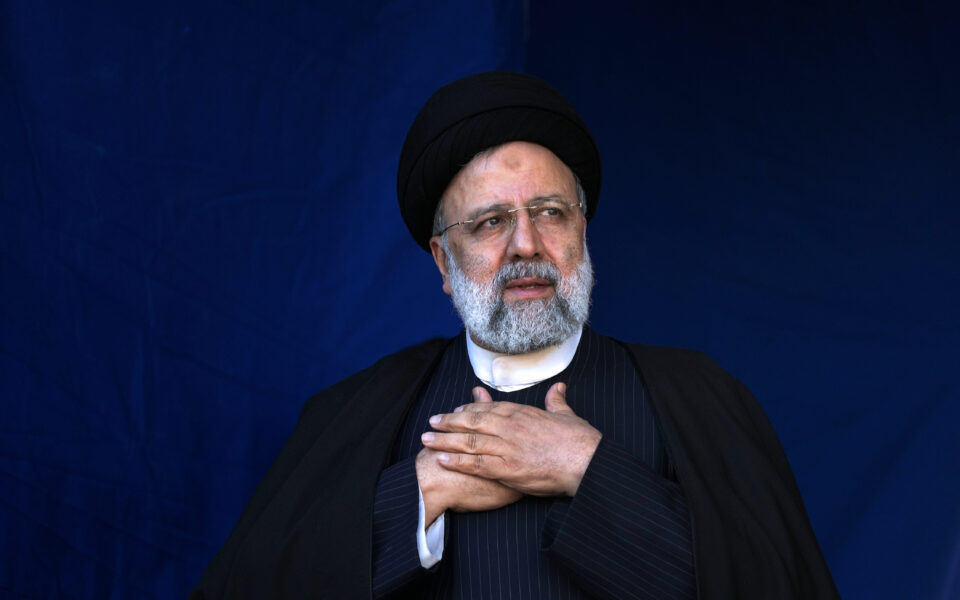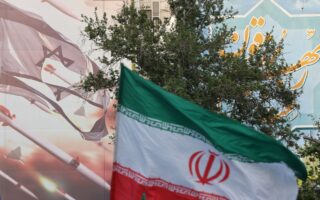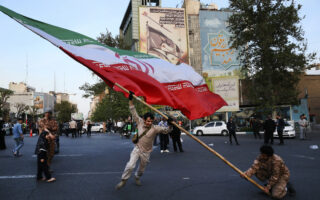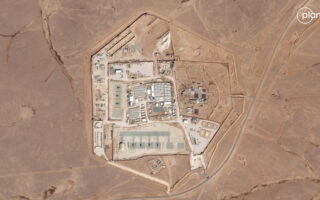Raisi’s death and Iran’s many fronts

President Ebrahim Raisi’s death raises many questions regarding the clash between the hard core of Iran’s theocratic regime and its reformers and moderates. The outcome will determine Iran’s domestic and foreign policies. The variables are so many, and the country’s involvement in Middle East developments so great, that it is best not to venture any predictions. But we can chart the situation and pose some questions.
Raisi, his foreign minister, Hossein Amir-Abdollahian, and other members of his entourage died on Sunday when the presidential helicopter hit a mountain in bad weather. Yesterday, Iran’s supreme leader, Ayatollah Ali Khamenei, announced that first deputy president Mohamad Mokhber will serve as interim president. According to the constitution, presidential elections must be held within 50 days. We don’t know the cause of the crash of
the aged, US-built helicopter. Israeli officials, however, declared that their country was not
involved. These are the facts.
The wider context is that Raisi was Khamenei’s choice for the presidency, and it appears that the 85-year-old supreme leader was grooming him as his successor. With his bloody past (as a judge who sent thousands of political prisoners to their deaths), 63-year-old Raisi represented the regime’s determination to crush any questioning of its power. That is why in the 2021 election Raisi had no real rival, as the regime had ensured that moderate and reformist candidates were blocked. Most voters abstained. The merciless crushing of the recent wave of protests (“Woman, Life, Freedom”) showed Raisi’s determination. All signs indicate that Khamenei will persist with this policy. The question is whether any of those around him will see that this is a dead-end or whether the country is destined for greater conflict.
The absence of Raisi and his foreign minister will most likely be felt in foreign policy, too. The careers of both – and of other hardliners – were boosted by the US withdrawal from the international agreement placing limits on Iran’s nuclear program in 2018, a decision taken by Donald Trump at the urging of Israeli PM Benjamin Netanyahu. Iran’s influence through proxy forces in Lebanon, Syria, Iraq, Yemen and Gaza, and its close ties with Russia, China and Turkey, make Tehran a protagonist in the Middle East and a valuable ally of Putin in Ukraine.
Raisi’s death, developments inside Iran, the choices it will make in foreign policy, the next steps of allies and enemies, will all have consequences far beyond the country’s borders.





